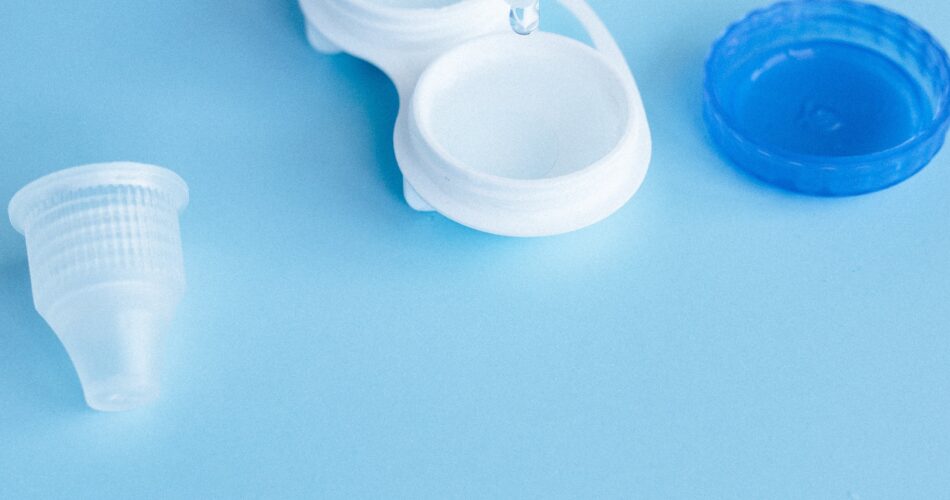Hydrogel contact lenses have become increasingly popular in recent years due to their ability to provide a comfortable and hassle-free alternative to traditional contact lenses. These lenses are made of a soft, water-absorbing material that retains moisture, helping to prevent dry eyes and provide all-day comfort.
Extended wear hydrogel contact lenses have been touted as a convenient option for people who don’t want to bother with taking out their lenses at night, but like every other product out there, it comes with its own set of pros and cons. Let’s dive in and take a look!
Pros of Using Hydrogel Contact Lenses for Extended Wear
1. Comfortable:
Hydrogel contact lenses are known for their high water content, which makes them incredibly soft and pliable, allowing for a comfortable fit.
2. Convenience:
With extended wear lenses, you can wear them for days on end without having to take them out at night. This is perfect for people who are always on-the-go and don’t want to deal with the hassle of removing and putting in their lenses every day.
3. Eye Health:
The high water content in hydrogel lenses can help to keep your eyes hydrated, which is beneficial for people who experience dry eyes. Additionally, they are less likely to cause corneal abrasions due to their soft and pliable nature.
Cons of Using Hydrogel Contact Lenses for Extended Wear
1. Higher Risk of Infection:
Wearing contact lenses for extended periods can increase the risk of developing an eye infection, especially if proper hygiene practices are not followed.
2. Reduced Oxygen Flow:
Wearing contact lenses for prolonged periods can reduce the amount of oxygen that reaches the cornea, which can cause discomfort and potential damage over time.
3. Cost:
Hydrogel contact lenses for extended wear can be more expensive than traditional daily disposable lenses due to their increased durability and convenience.
In conclusion, hydrogel contact lenses for extended wear can be a great option for people who want convenience and all-day comfort, but it’s important to weigh the pros and cons before making a decision. As with any contact lens, proper hygiene and care are critical to maintaining eye health, so make sure to follow recommended practices and consult with your eye doctor before making any significant changes to your eye care routine.

